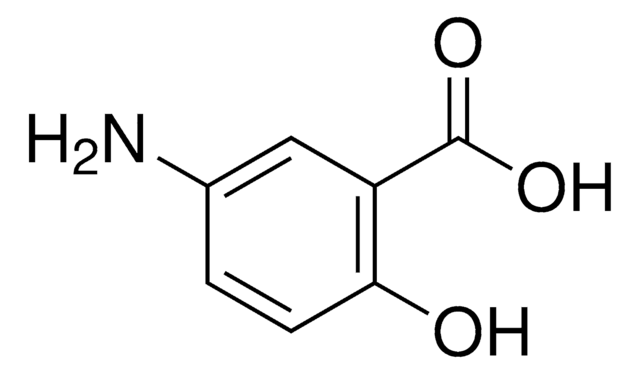A5955
Antibiotic Antimycotic Solution (100×), Stabilized
suspension, suitable for cell culture, BioReagent
Synonym(s):
Penicillin-Streptomycin-Amphotericin B Suspension
About This Item
Recommended Products
product name
Antibiotic Antimycotic Solution (100×), Stabilized, with 10,000 units penicillin, 10 mg streptomycin and 25 μg amphotericin B per mL, 0.1 μm filtered, BioReagent, suitable for cell culture
Quality Level
sterility
0.1 μm filtered
product line
BioReagent
form
suspension
technique(s)
cell culture | mammalian: suitable
impurities
endotoxin, tested
color
yellow
antibiotic activity spectrum
Gram-negative bacteria
Gram-positive bacteria
fungi
yeast
application(s)
agriculture
Mode of action
cell wall synthesis | interferes
shipped in
dry ice
storage temp.
−20°C
Looking for similar products? Visit Product Comparison Guide
General description
Application
- as a supplement in different types of cell culture media.
- as a component of phosphate buffer saline (PBS) sterile solution to prevent contamination of periodontal ligament fibroblasts (PDLF) tissues that are isolated and cultured in the experiments.
- as a component of storage solution for preserving tracheal segments harvested for subsequent experimental investigation.
Biochem/physiol Actions
Antimicrobial spectrum: Includes Gram-negative bacteria, Gram-positive bacteria, fungi and yeasts.
also commonly purchased with this product
Signal Word
Warning
Hazard Statements
Precautionary Statements
Hazard Classifications
Skin Sens. 1
Storage Class Code
12 - Non Combustible Liquids
WGK
WGK 2
Flash Point(F)
Not applicable
Flash Point(C)
Not applicable
Certificates of Analysis (COA)
Search for Certificates of Analysis (COA) by entering the products Lot/Batch Number. Lot and Batch Numbers can be found on a product’s label following the words ‘Lot’ or ‘Batch’.
Already Own This Product?
Find documentation for the products that you have recently purchased in the Document Library.
Customers Also Viewed
Articles
Prevent fungal, yeast, and mold contamination in cell cultures. Discover the best antifungal agent for your cultures with the extensive Sigma® antifungal collection.
Related Content
Discover our collection of primary human hepatic stellate cells and protocol for thawing, plating, and growing stellate cells. Find our stellate culture maintenance media formulation.
Learn how to use our cell culture tested, ready-to-use MilliShot™ single dose antibiotic solutions, conveniently packaged in one-time use vials.
Our team of scientists has experience in all areas of research including Life Science, Material Science, Chemical Synthesis, Chromatography, Analytical and many others.
Contact Technical Service









